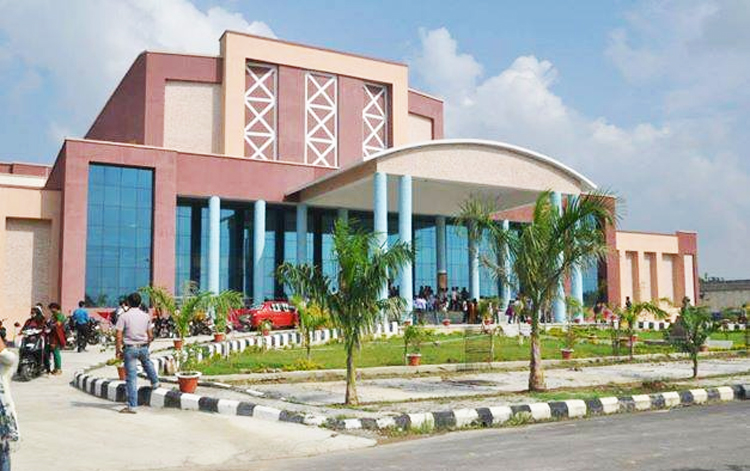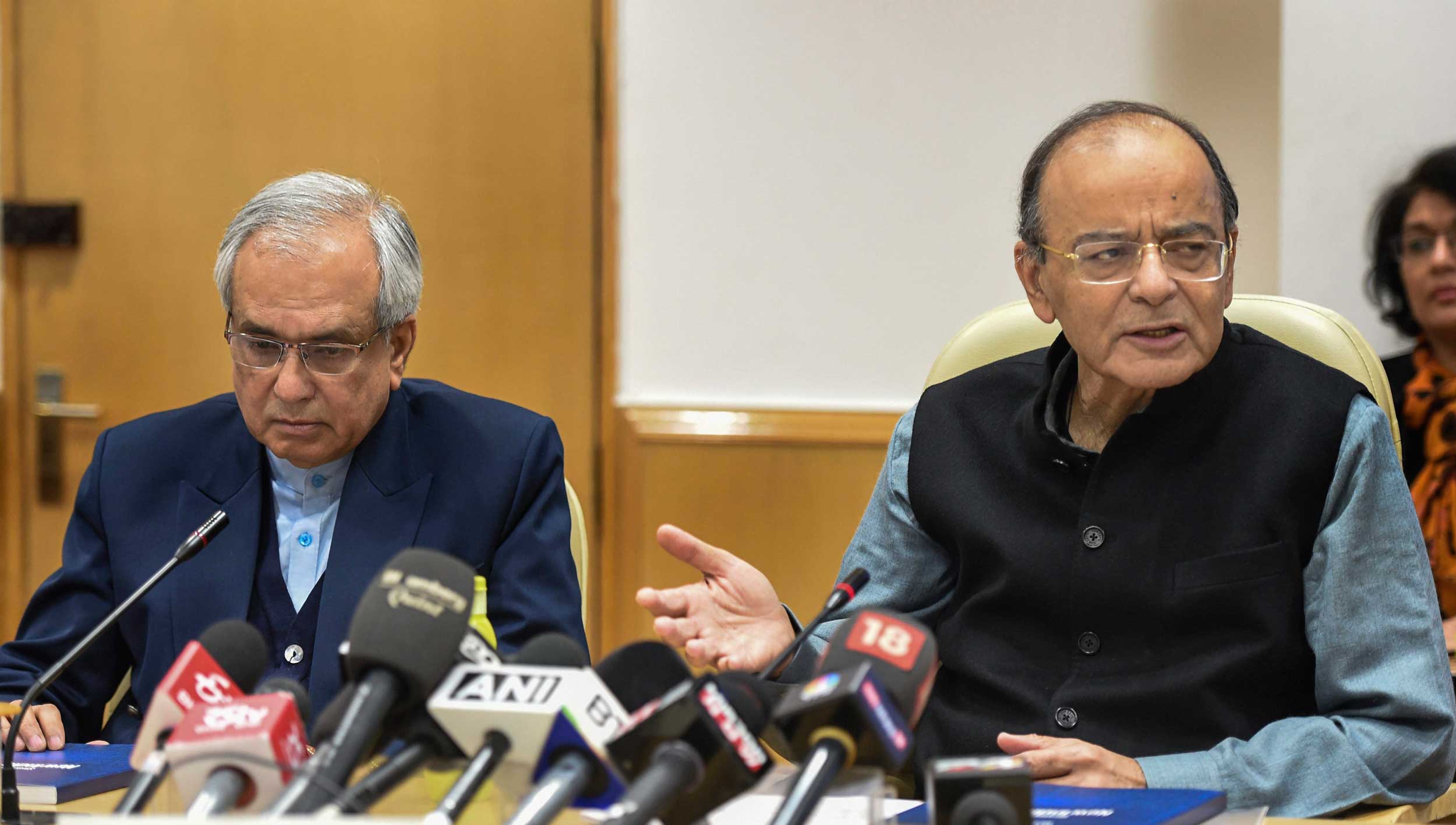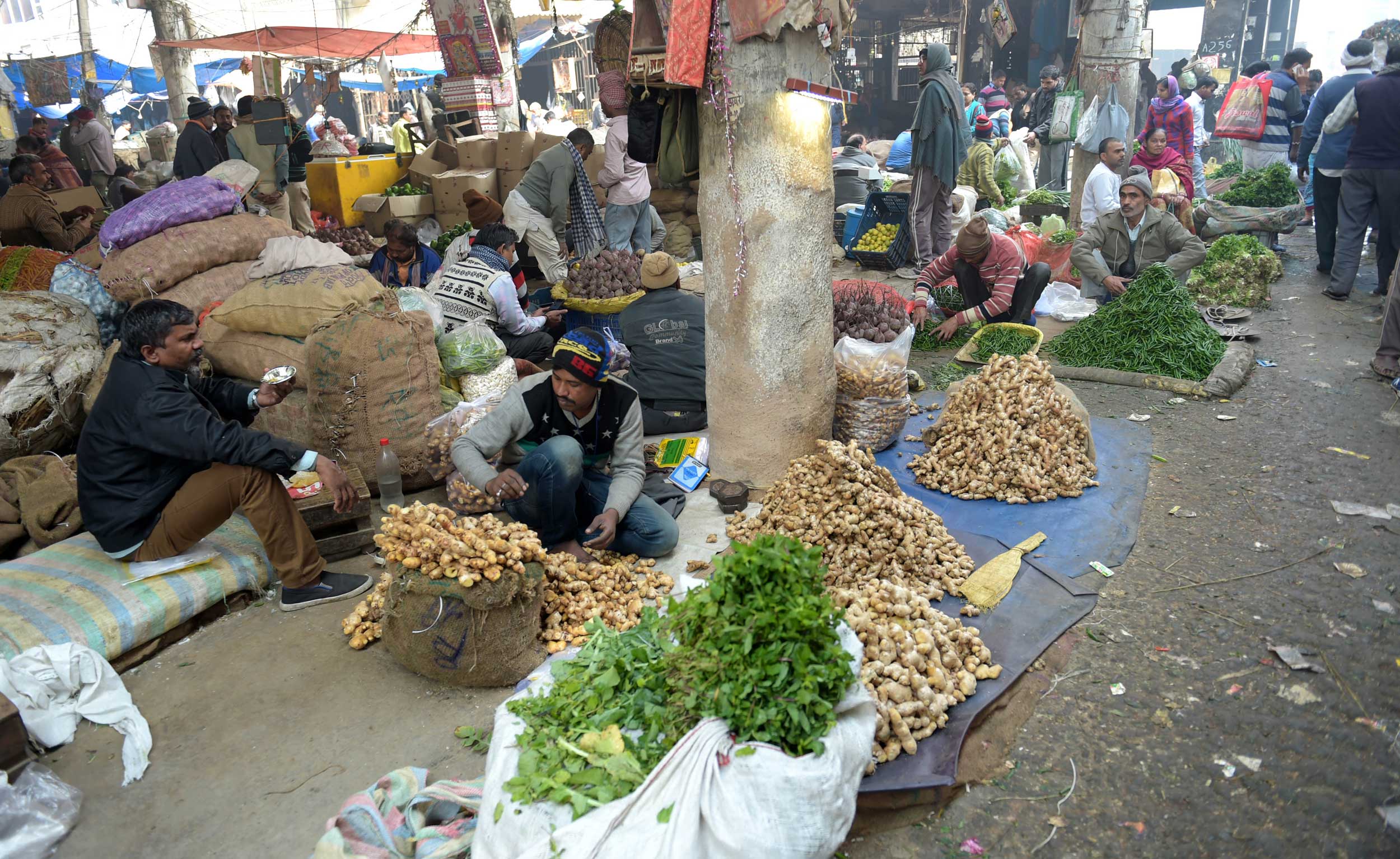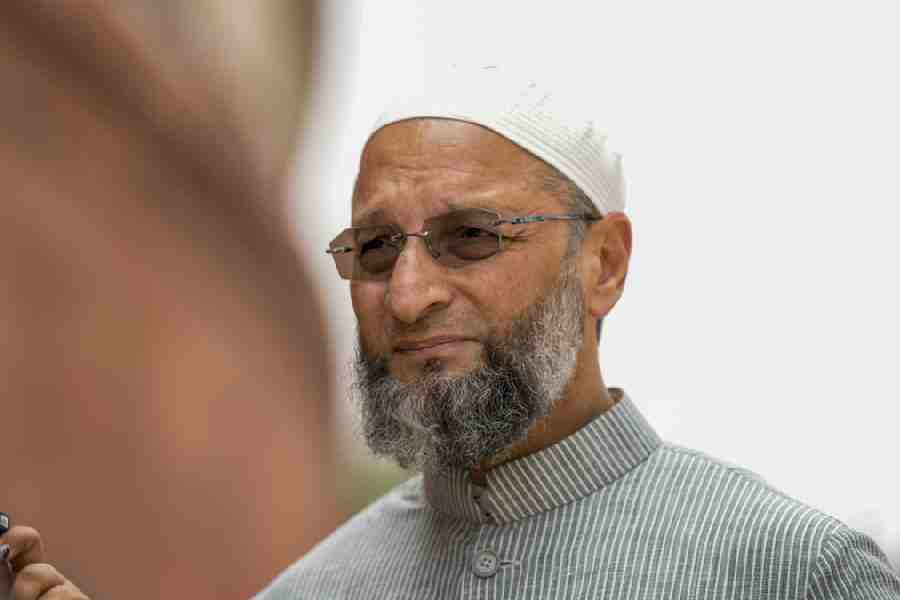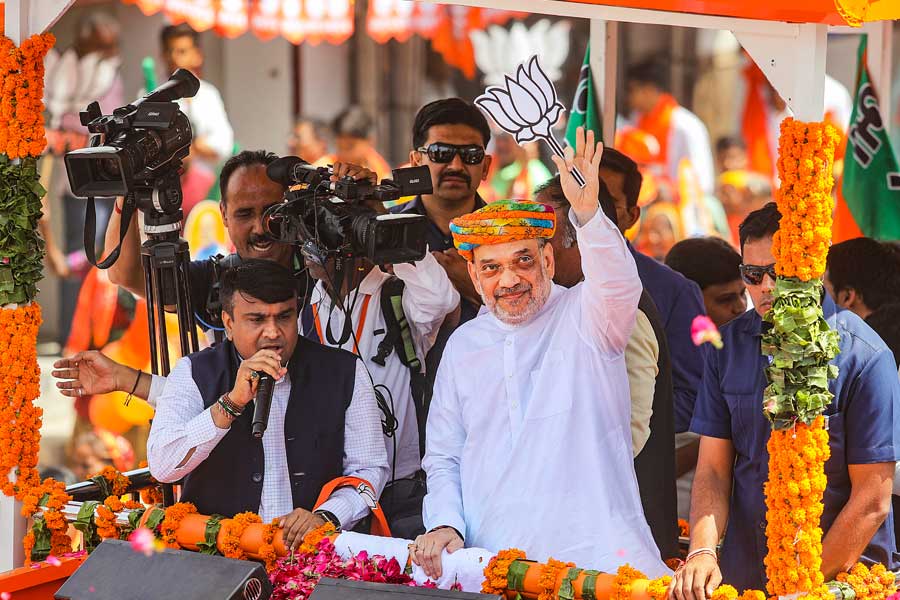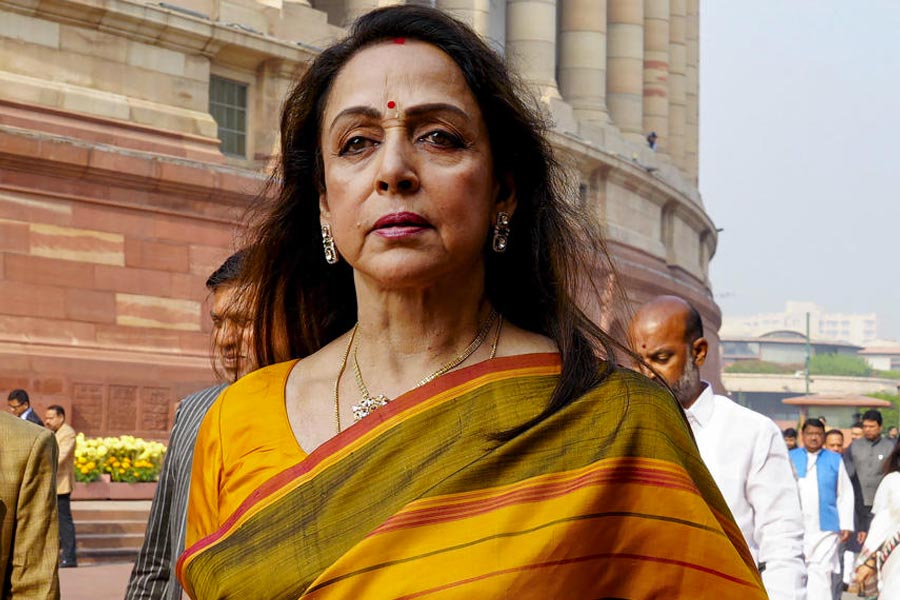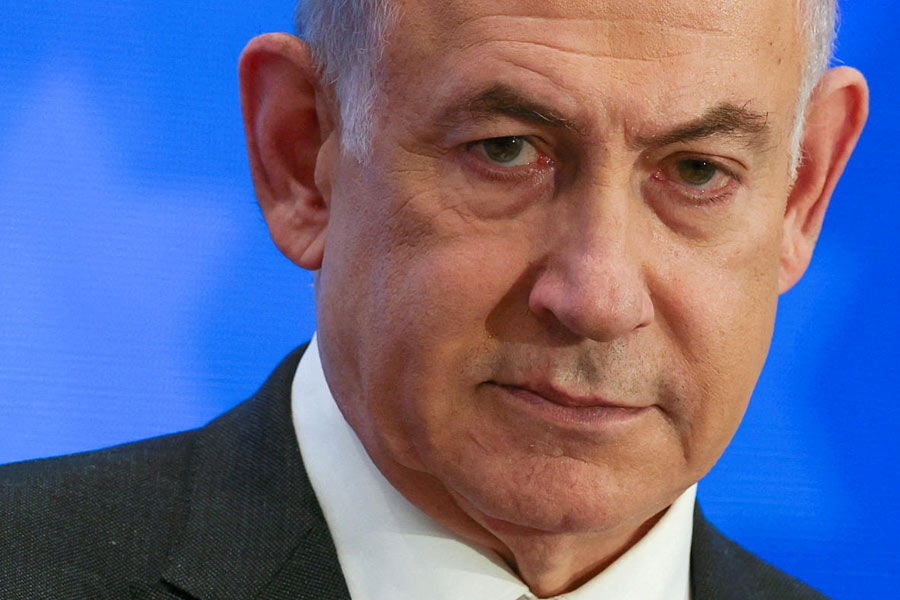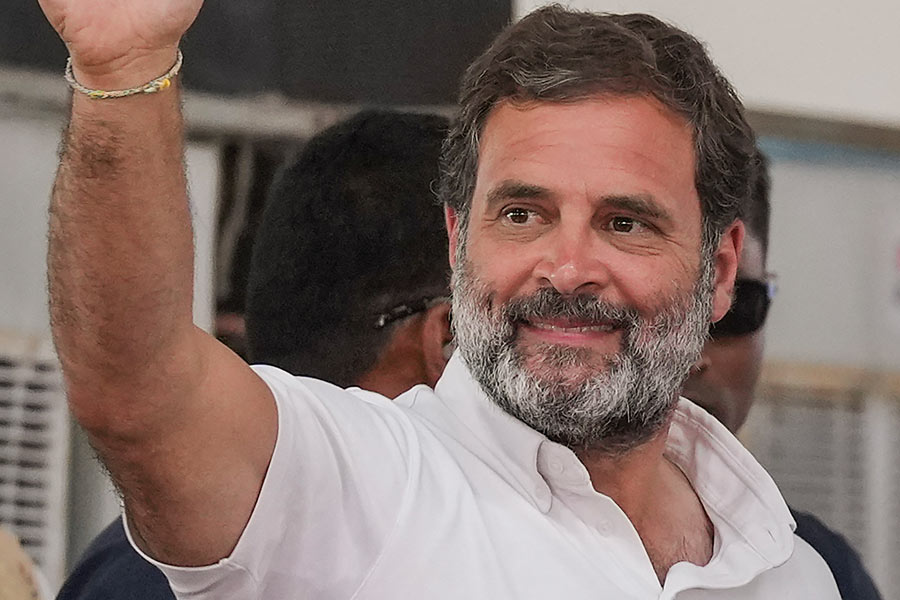The Centre on Monday extended the lives of 195 centres researching social exclusion and discrimination by one more year, yielding to protests weeks before the general election.
This was a fallout of the human resource development ministry deciding to extend two University Grants Commission schemes, one for “centres for the study of social exclusion and inclusive policy” and the other for “women’s studies centres”.
Under the first scheme, centres have been set up in 35 universities to study subjects such as the marginalisation of the Scheduled Castes, Scheduled Tribes and minorities. Under the second, 160 universities have opened centres that research gender discrimination, women’s participation in work, domestic violence and the dignity of women.
Both schemes were started under five-year plans and received five-year extensions. But they came under threat after the Niti Aayog scrapped five-year plans in 2017, and the government extended these centres’ lives by one year, till March 31, 2018, and then by another year.
The centres therefore faced closure on March 31 this year. These centres have three teachers each, along with support staff, and enrol students in PhD courses. The teachers and students had written to the HRD ministry and the commission protesting the centres’ impending closure.
Vivekanand Nayak, a teacher at the social exclusion study centre at the Babasaheb Bhimrao Ambedkar University, Lucknow, said the parent universities should absorb these centres as regular departments.
“An atmosphere of uncertainty is not good for the faculty or the students. We have demanded that these centres be regularised,” Nayak said.
But while higher education secretary R. Subrahmanyam told The Telegraph that both schemes would be extended till March 31, 2020, he did not say what might happen after that.
The commission is reviewing the output of each centre, and the results may determine their future. “They (the centres) will be asked to admit doctoral students without hesitation…. The review will be completed shortly,” Subrahmanyam said.
Bharat Singh, a teacher at the social exclusion study centre in Manipur University, said the uncertainty was hobbling PhD admissions.
“A PhD student takes five to seven years to complete her thesis, so the uncertainty would naturally affect admissions. This uncertainty should end forever,” Singh said.
Kancha Ilaiah, a retired professor from the social exclusion study centre at Maulana Azad National Urdu University, said the commission had not released funds for these centres for the past one year. Most of the parent universities have been footing these centre’s salary bills, but not always regularly.
Ilaiah said the commission had also stopped the annual research grant of Rs 5 lakh each of these centres received.
“These centres are producing excellent work on caste and social inequality. They must be made an integral part of the university system instead of being left to the mercy of the government,” Ilaiah said.

